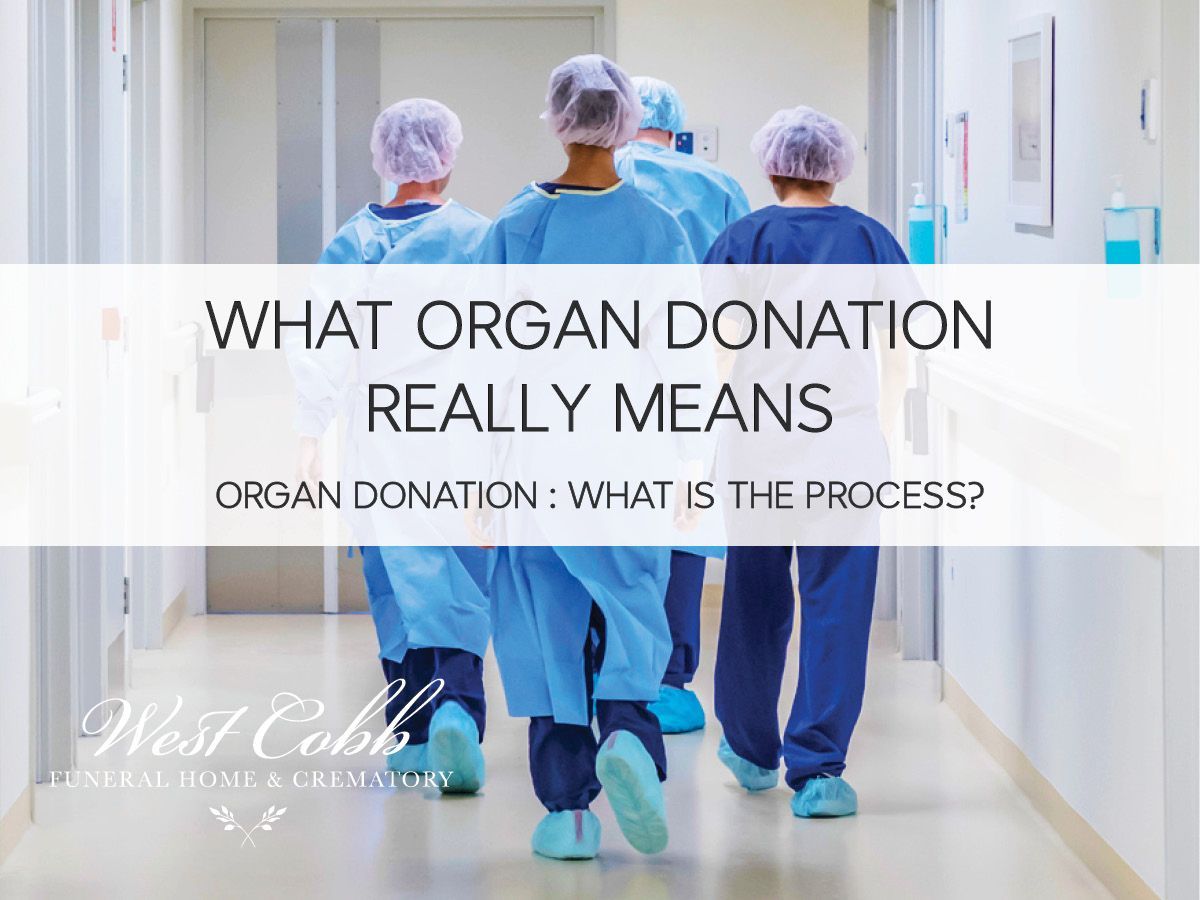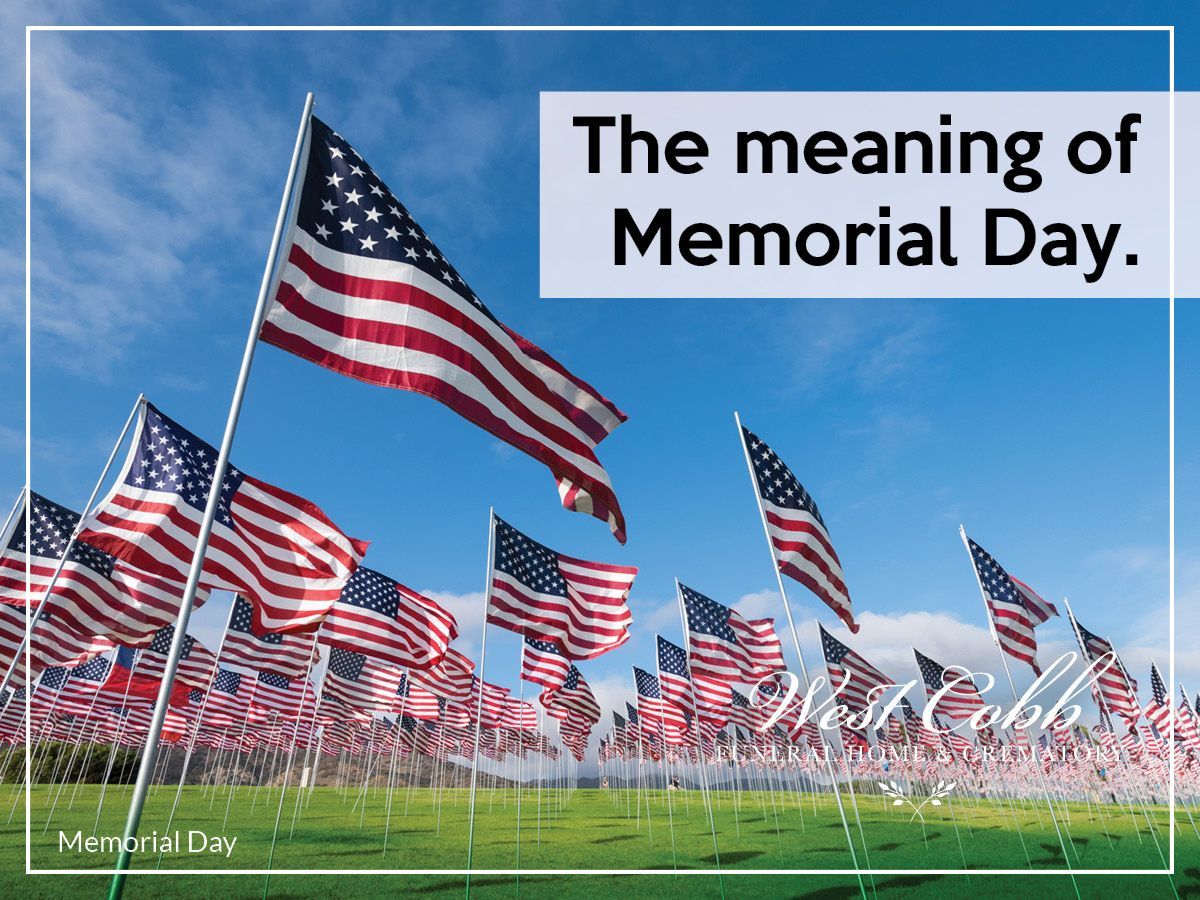Blog
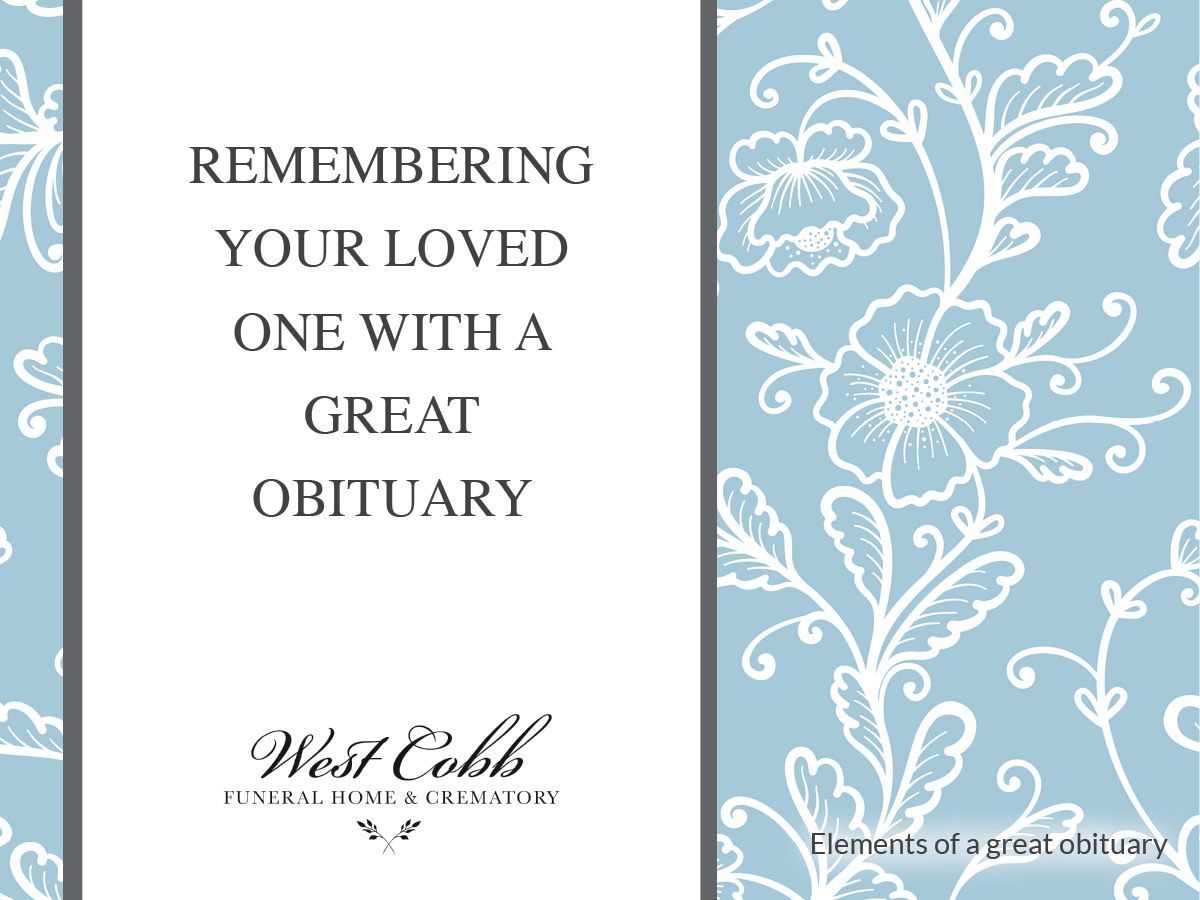
Some obituaries are simply informative. They let the neighborhood know when someone in their community has passed, inform them about when and where the funeral will be held, and detail the decedent’s family who will be grieving their loved one. These are the most basic versions of an obituary. And while there’s nothing wrong with writing one that’s on the plainer side, there’s a reason why these aren’t the obituaries that go viral.
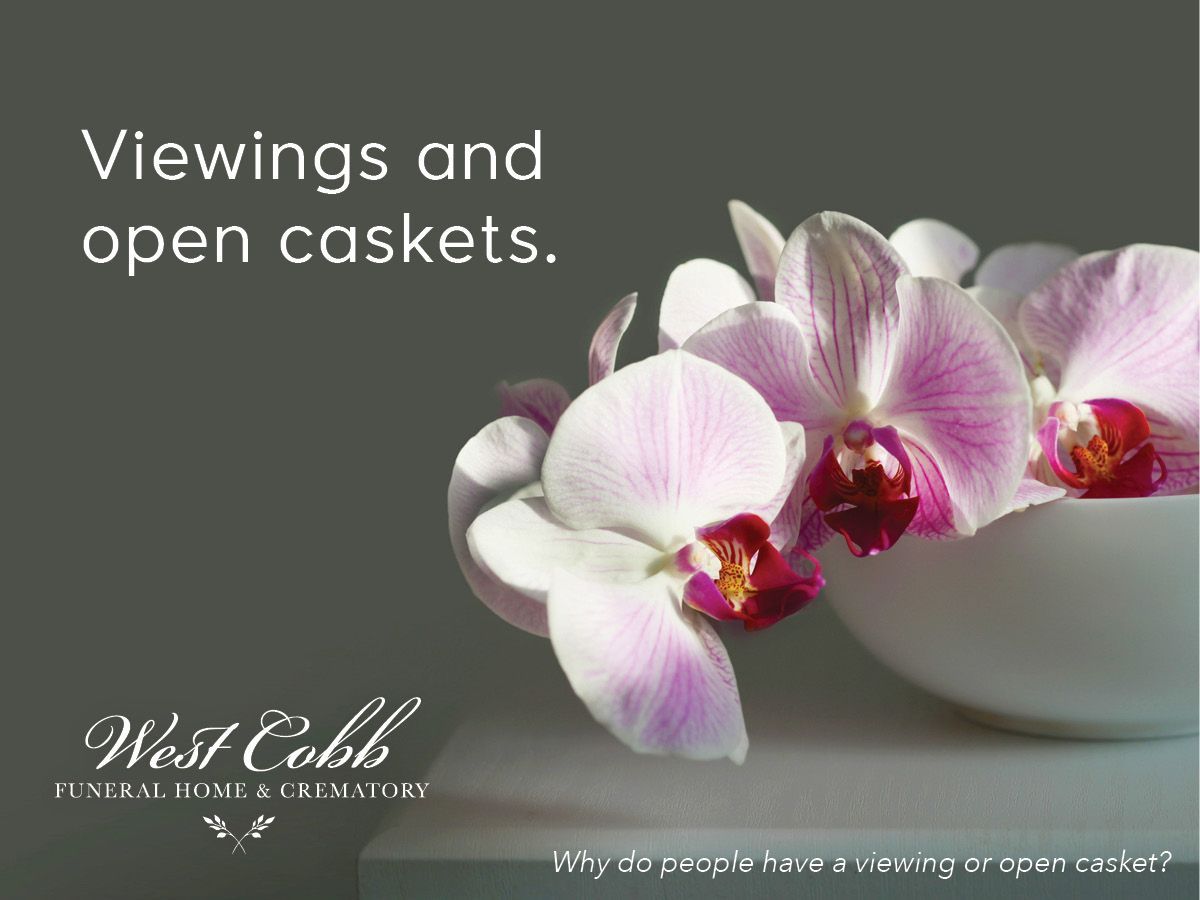
An honest question. The idea of seeing a loved one’s body put on display for all to see might be different to some, but a major comfort to others as they say goodbye and begin to let go. An open casket does help mourners accept the reality that their loved one has moved on and will help them to do so as well.

When we celebrate Veterans Day, we’re saying thank you to those who stood as our protectors. So, be sure to thank a veteran on Veterans Day, and thank those who sacrificed alongside them, like their families. The smallest actions, such as spending time sitting down with a veteran in a nursing home, can mean the most to these heroes.
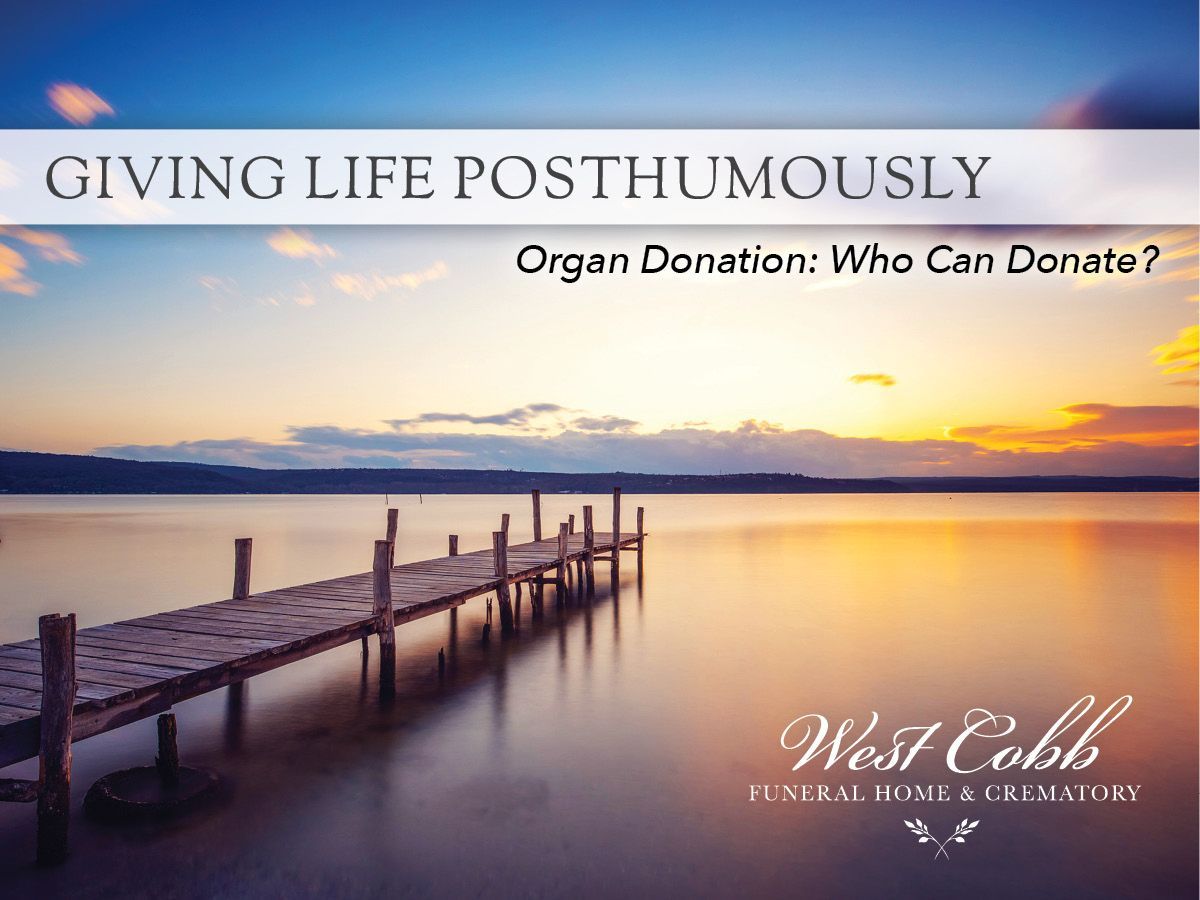
When you opt to become an organ donor, you may save a life. According to the Organ Procurement and Transplant Network, over 106,000 people are currently awaiting donations. But far more people are awaiting transplants than there are donors. Every nine minutes, another person is added to that waiting list.

A funeral should always be about the loved one who has passed. It’s a time for celebrating their life and giving their friends and family a chance to say goodbye and grieve together. That’s why professionals in the funeral space, like funeral directors or advanced planning specialists, work in the background, making sure that the focus is away from them and instead on the decedent.
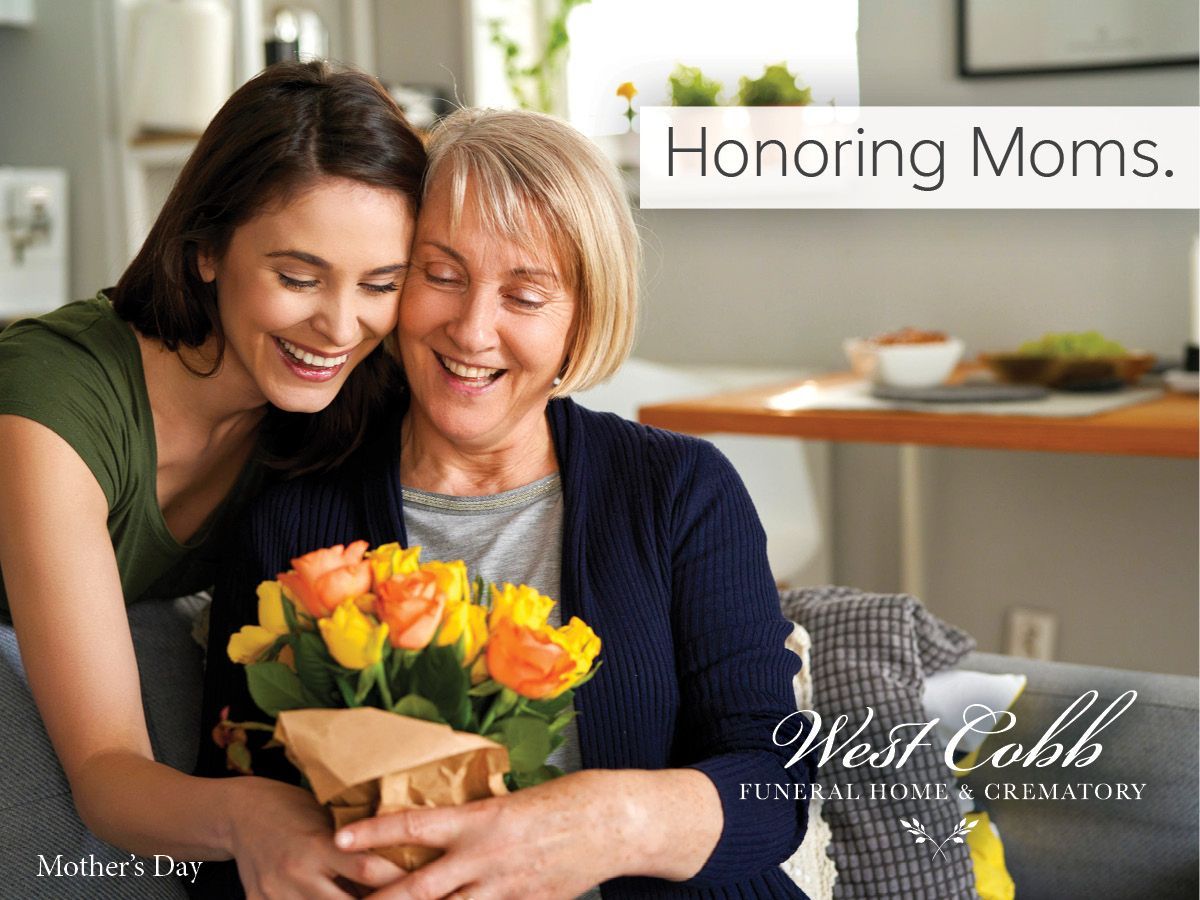
Mother’s Day is celebrated in 40 countries around the world. But, getting it started was not a slam dunk. Having a day just for moms was the brainchild of one Anna Jarvis, an American peace activist. When Anna’s mother died in 1905, she began lobbying the United States Congress to designate a single day as Mother’s Day. Although she was never successful with Congress, by 1911 all the states in the United States had embraced the concept of Mother’s Day. Finally, in 1914 Woodrow Wilson signed a proclamation making the second Sunday in May officially Mother’s Day.

When you walk into a cemetery everything changes. The pace changes, you become aware of your surroundings, you feel the sun on your face, you smell the clean air, you walk slower. The sounds change, you hear the bird song, you talk softer. You feel calmer. There is no place quite like a cemetery. Be it an old cemetery or a newer one, like the nave of a church, cemeteries have that feeling. They have soul.

Regardless of the type of disposition (burial or cremation), choosing a “final resting place” is an integral part of laying a loved one to rest. The cemetery is the most commonly selected location for a loved one to rest in perpetuity. Whether you are making this decision for yourself in advance of need or deciding for a family member who has died, you should know there are options available that will support your individual values.



